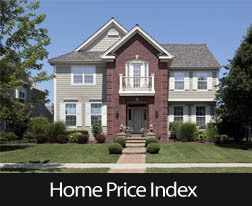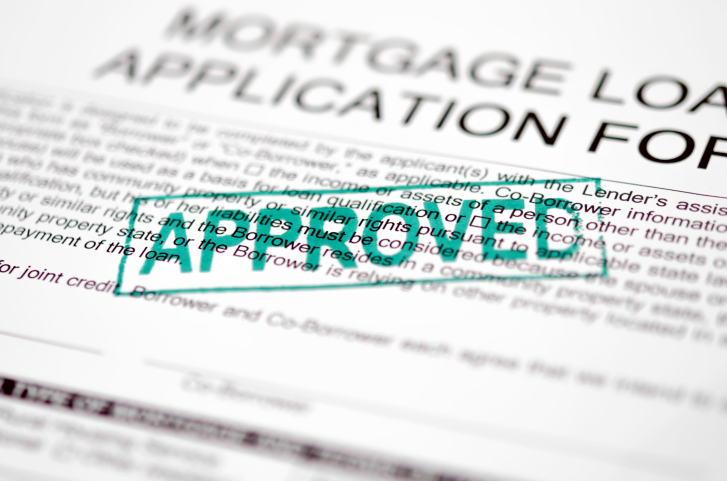S P Case-Shiller Home Price Index: May Home Prices Rise
 May home prices rose in all 20 cities tracked by the S&P Case-Shiller 20 City Home Price Index. This was the second consecutive month in which all cities posted gains.
May home prices rose in all 20 cities tracked by the S&P Case-Shiller 20 City Home Price Index. This was the second consecutive month in which all cities posted gains.
On average, national home prices rose by 1.10 percent in May as compared to April’s reading. Year-over-year, home prices rose, but at a slower rate of 9.39 percent in May as compared to 10.80 percent year-over-year for April.
Nevada, Florida and California Cities Post Highest Gains
Cities posting the highest year-over-year price gains in May included Las Vegas, Nevada at 16.90 percent, San Francisco, California at 15.40 percent, Miami, Florida at 13.20 percent. San Diego and Los Angeles, California reported home price growth rates at 12.40 and 12.29 percent respectively.
According to the 20-City Index, home prices are 18 percent below their peak reached in mid-2006, but are 27 percent higher as compared to March 2012 lows.
Pending Home Sales Decline in June
More evidence of sluggish home sales was reported for June. The National Association of REALTORS® reported that pending home sales dropped by 1.10 percent in June. This was a surprise as compared to May’s month-to-month gain of 6.00 percent for pending sales.
Several factors were cited as contributing to slower home sales; higher home prices, stagnant wage growth, higher mortgage rates and stringent loan requirements were seen as obstacles for home buyers. Pending home sales are an indicator of future closings and mortgage activity. Approximately 80 percent of purchase contracts signed sales completed within 60 days.
FHFA House Price Index: Home Price Growth Slips in May
FHFA, the agency that oversees Fannie Mae and Freddie Mac, reported that home prices grew by 0.40 percent in May to a seasonally-adjusted year-over-year rate of 5.50 percent as compared to April’s year-over-year reading of 5.90 percent. FHFA’s House Price Index is based on sales of homes connected with Fannie Mae and Freddie Mac mortgages.
On a positive note, the reading for the Consumer Confidence Index jumped from 85.20 in June to 90.90 in July. Expanding consumer confidence suggests that more families may decide to transition from renting to owning their homes, and that homeowners may feel confident enough to move up to larger homes.
 A 15-year fixed mortgage is, as its name suggests, a mortgage that’s paid off after 15 years. Since it amortizes fully, after that amount of time you won’t have to pay anything else. This type of mortgage has a lot of benefits, and below we’ll share just a few of them.
A 15-year fixed mortgage is, as its name suggests, a mortgage that’s paid off after 15 years. Since it amortizes fully, after that amount of time you won’t have to pay anything else. This type of mortgage has a lot of benefits, and below we’ll share just a few of them.